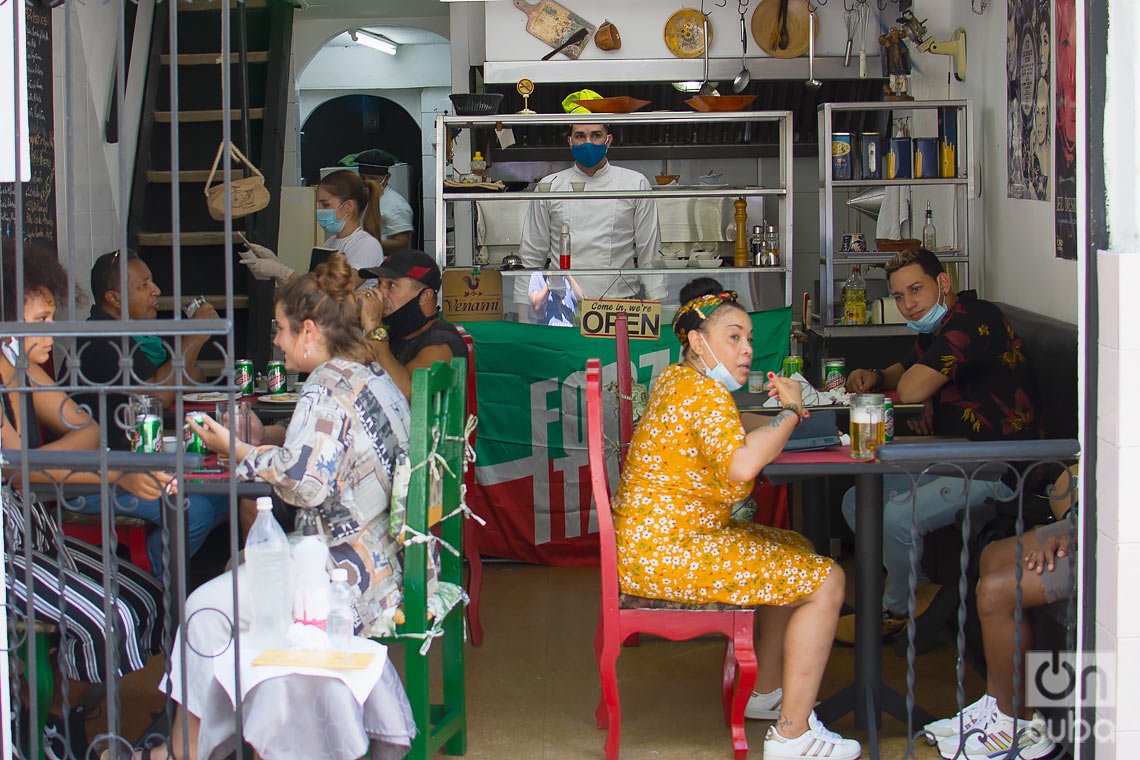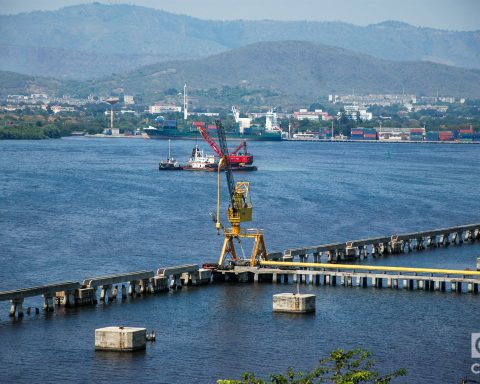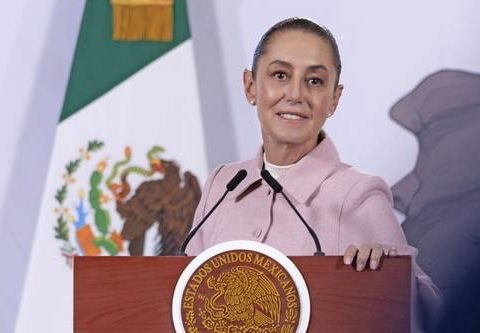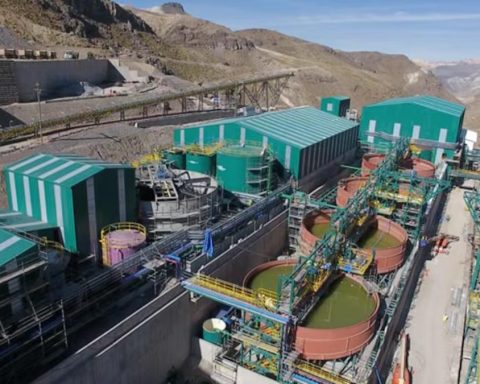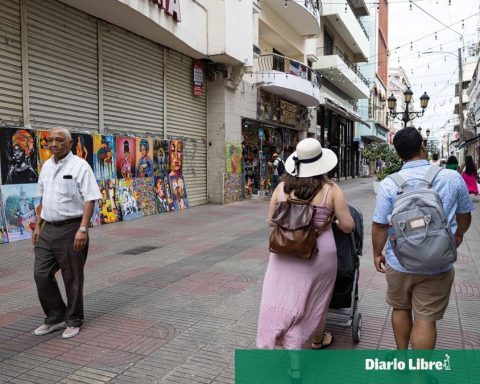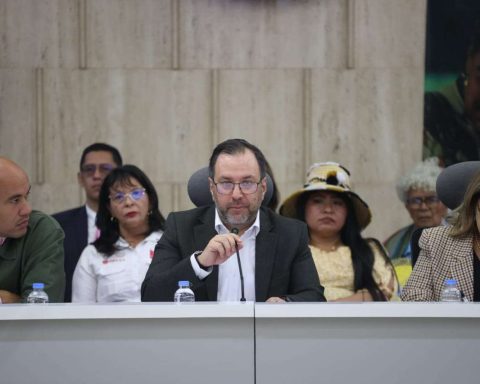The Ministry of Economy and Planning (MEP) of Cuba approved this Thursday 109 requests for the creation of new economic actorsaccording to official media on the island.
All the entities that received the green light to operate are micro, small and medium enterprises (MSMEs)of which 106 correspond to the private sector and the other three are state-owned, in accordance with a report of the Cuban News Agency (ACN).
With this decision, there are 5,530 private MSMEs authorized since September 2021, while the state ones are already 67. In addition, the total number of new actors is 5,656, since this figure also includes 59 approved non-agricultural cooperatives.
With this decision, a total of 5,656 economic actors have been approved since the process began in September 2021. Of these, 5,530 are private MSMEs, 67 state MSMEs, and 59 non-agricultural cooperatives.
— Ministry of Economy and Planning of Cuba (@MEP_CUBA) October 27, 2022
52% of the new economic actors correspond to pre-existing businesses and 48% are newly created initiatives. As a whole, they should generate 96,543 new jobs on the island, according to MEP calculations.
The ACN note adds that of the actors approved so far, 138 are part of local development projects and 13 are incubated in the Science and Technology Park of Havana.
MSMEs, whether private or state-owned, are part of the current economic scenario of the islandand coexist with non-agricultural cooperatives, self-employment and socialist state enterpriseconsidered by the government as the main actor in the Cuban economy.
Its approval is part of the Island government’s strategy to deal with the deep and long economic crisis in the countryaggravated by the impact of the COVID-19 pandemic, the sanctions imposed by the United States, and internal difficulties and inefficiencies.
Current legislation provides this type of enterprise with its own legal personality, and the possibility of exporting and importing through state entities, although steps have been announced for some non-state entities to carry out foreign trade activities.
So far, MSMEs have been authorized to operate in a wide range of sectors of the economyin activities related to accommodation, beauty services, food production, manufacturing, information technology, logistics and transportation activities, among others.
However, they cannot access spheres considered strategic for the State, such as health, telecommunications, defense and the media.
